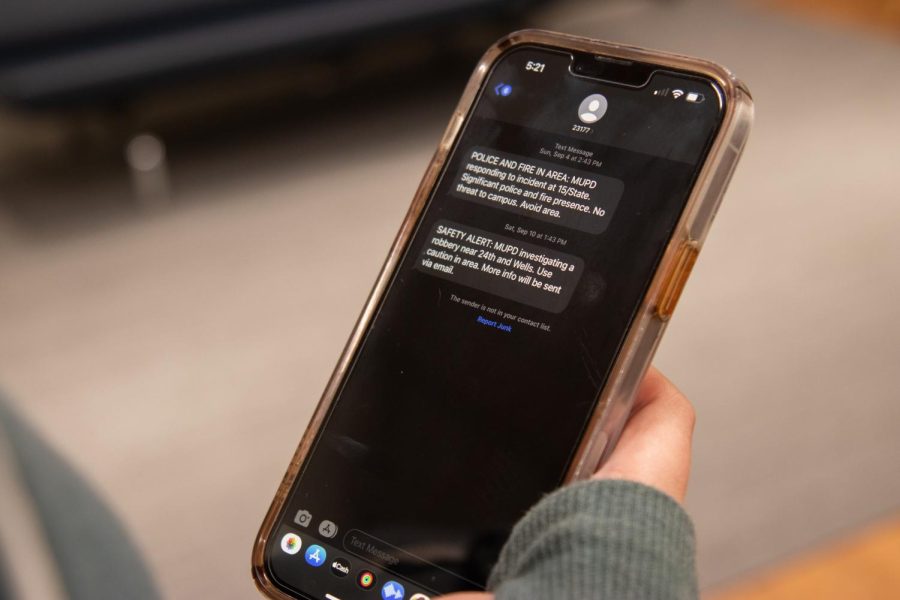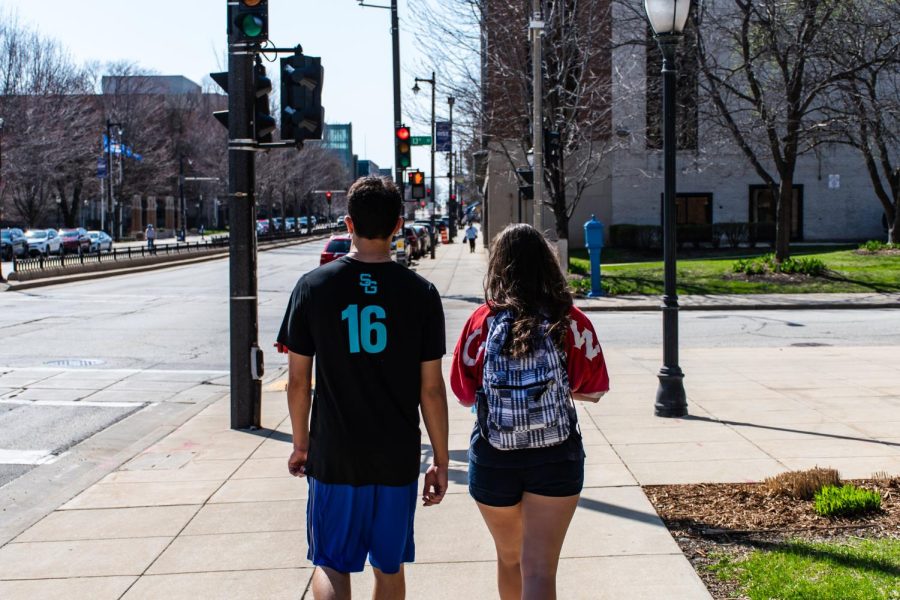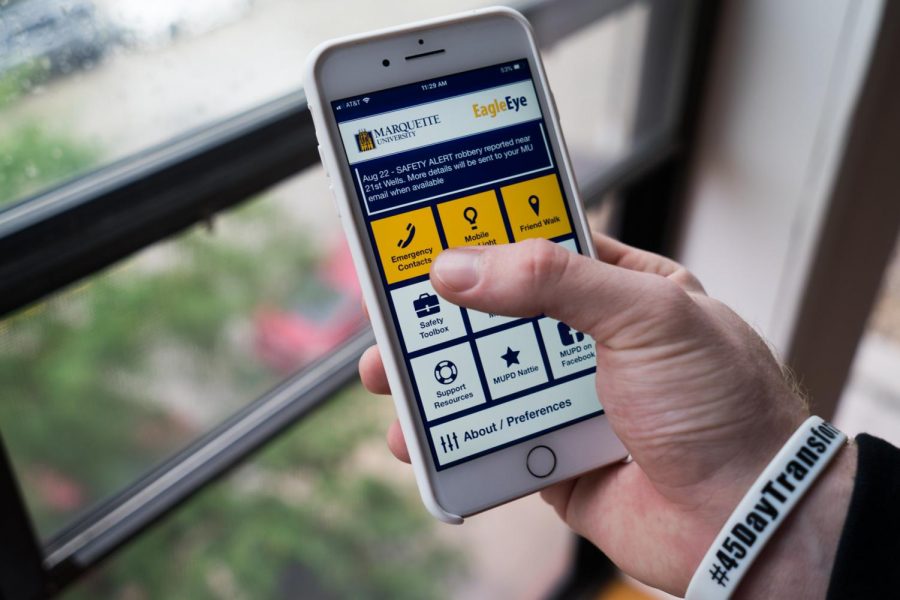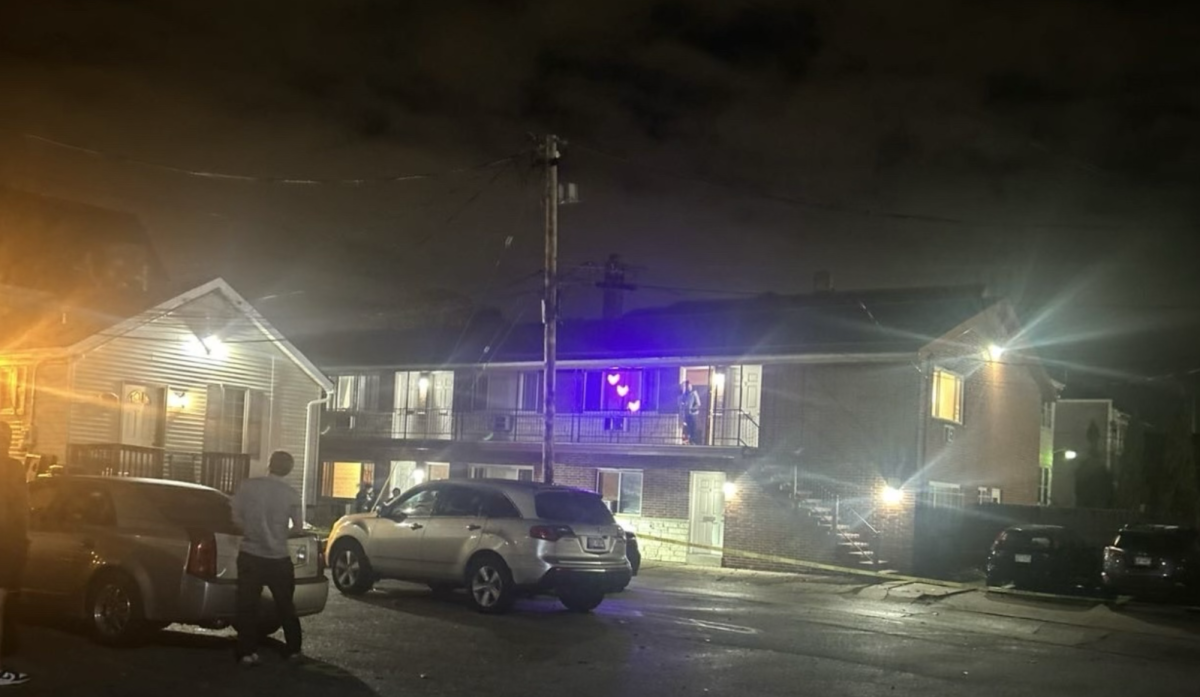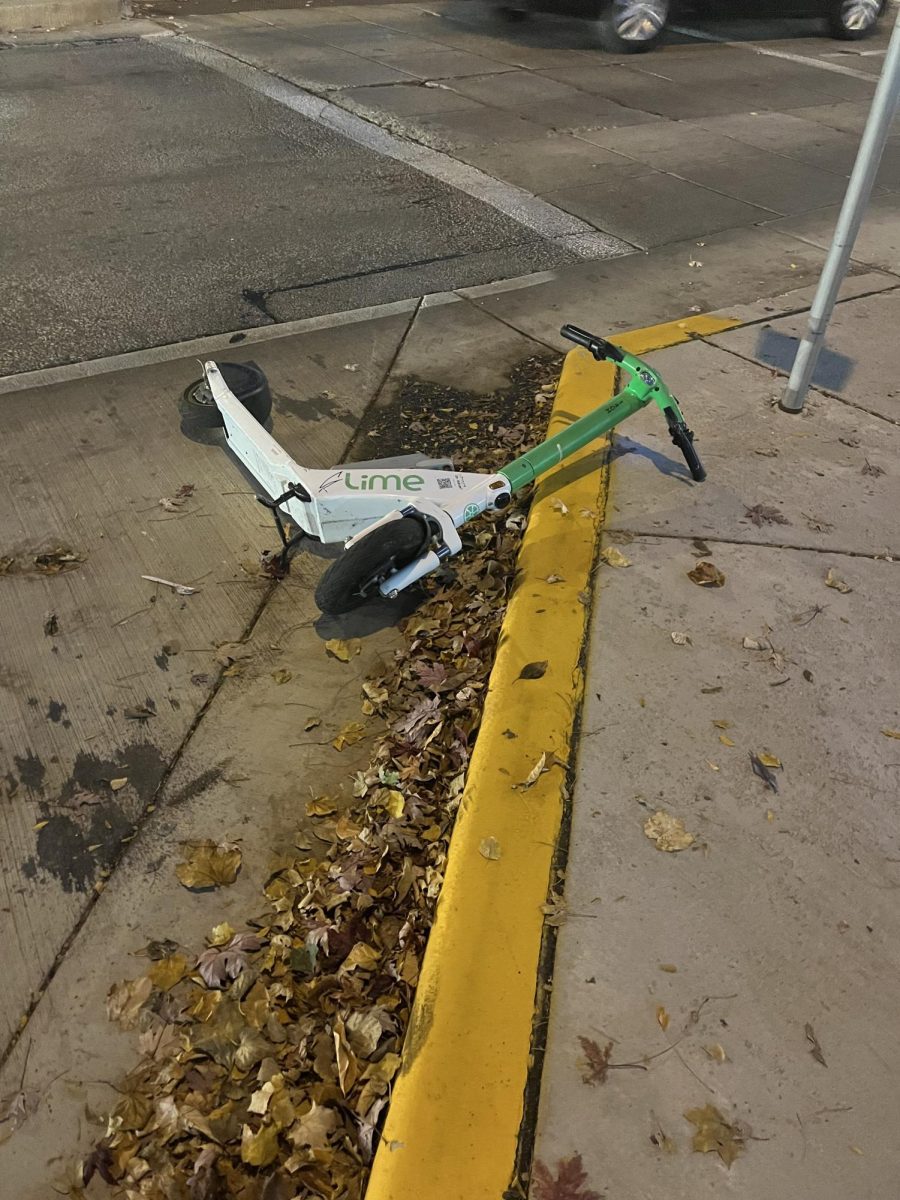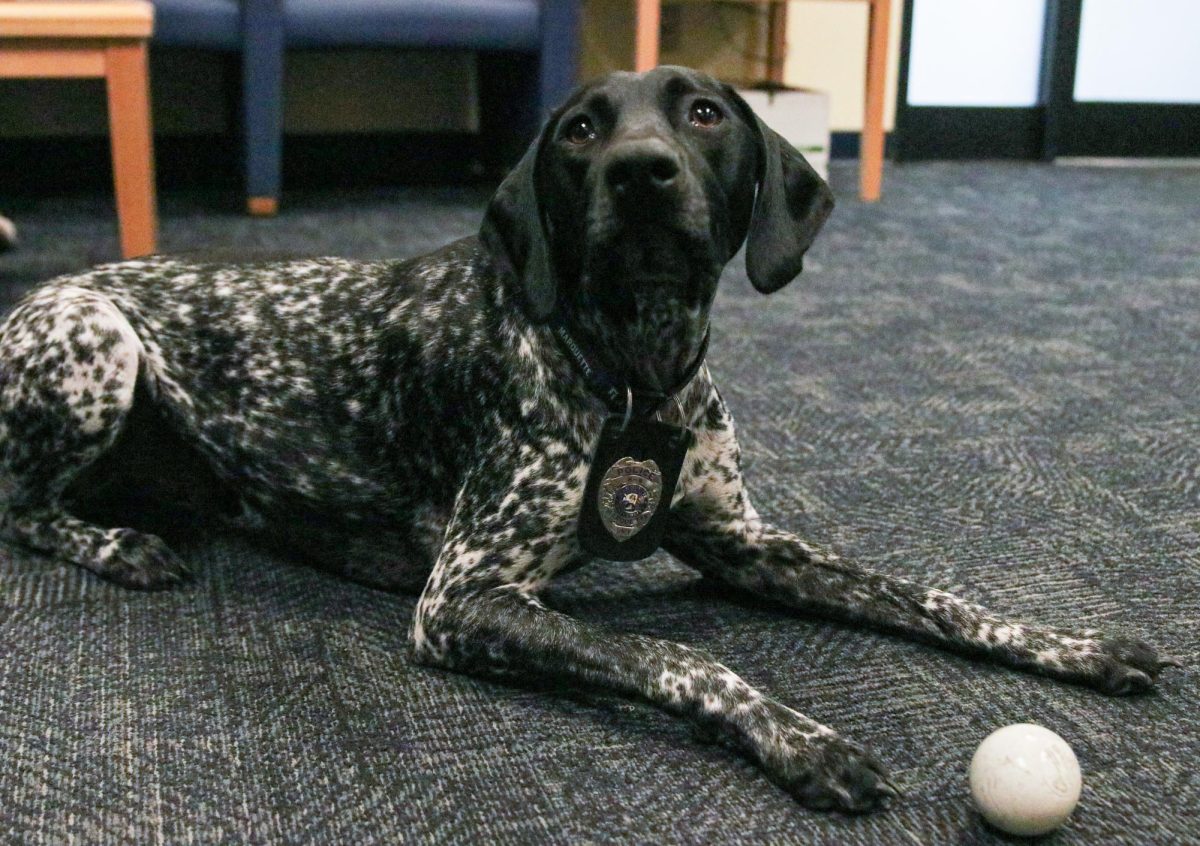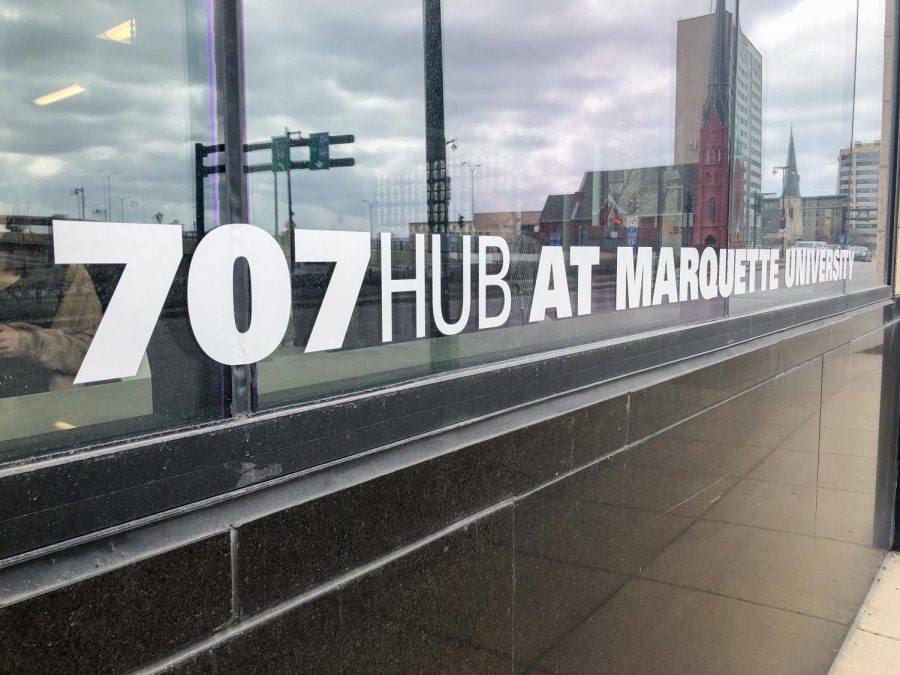The phones of many Marquette students, staff and faculty simultaneously light up, notifying them whenever a crime or safety-related incident happens on or near campus.
A typical alert reads something like this: “SAFETY ALERT: Marquette University Police Department investigating a robbery near 17th and Kilbourn. Use caution in the area. More info will be sent via email.”
Since last week, parents and guardians are now able to sign up to receive the same safety alert text messages that students do.
This new offering is a result of the President’s Task Force on Community Safety, along with feedback from parents, peer benchmarking and an assessment from MUPD.
While parents and guardians have always been able to receive safety alert notifications via the EagleEye app, Thomas Wichgers, an MUPD police officer, said he knows people prefer different modes of communication.
“Over the years, we’ve heard parents and guardians ask for this,” Wichgers said in an email. “It’s really about the mode they prefer and giving them an option – app or text.”
Parents will just need the student’s nine-digit MUID number to enroll.
So far in 2022, there have been 20 safety incidents reported online: Eight with shots fired, eight armed robberies, two robberies or attempted robberies, one for a fire and one for a city curfew. Out of all 20 reports, two were reported to be resolved.
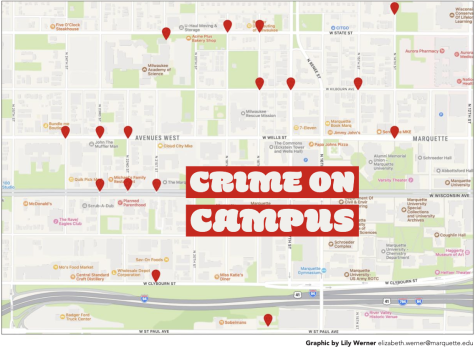
Additionally, safety alerts were sent out via text message April 7 and Sept. 4, but were not recorded online. The text Aug. 23 was an “ALL CLEAR” alert to a resolved issue, but no warning of an incident was reported prior to this message.
While allowing parents to receive these safety alerts via text could be seen as a positive attempt to keep family members in the loop about crime on campus, Salina Tummelson, a senior in the College of Health Sciences, said she thinks this could cause more anxiety for those who live far away.
“I’m not sure if it has tons of value since they [my parents] aren’t close enough to react in my case,” Salina said. “I feel like my parents would text me all the time and worry when they are receiving the alerts instead of me being able to filter what they hear since I’m safe.”
Her mom, Angie Tummelson, said she usually worries about her daughter’s safety when she is away at college, especially since crime in Milwaukee seems to be more prevalent than their home in the suburbs of Grand Rapids, Michigan.
According to Neighborhood Scout, Milwaukee has a crime index of 5, meaning that it is only safer than 5% of all cities in the United States. Grand Rapids, however, has a crime index of 17, and is safer than 17% of all U.S. cities.
“As a parent, I am very concerned for her safety, however, I don’t see any value in me receiving these alerts as I am four hours away,” Angie said. “I find it very important that my daughter signs up for these alerts so it allows her to make well-informed decisions for her safety.”
Nevertheless, Salina said she does appreciate Marquette’s attempts to keep students safe by providing the LIMO service and police presence on campus.
“The crime is a very scary thing and I think that Marquette tries to minimize the impact that has on campus. I am not always sure if we are more protected or not, but I think we have protocols in place to keep us as safe as possible,” Salina said.
She added that it is not all on Marquette to keep us safe, but that we all need to make smart decisions given the information we have.
“I have lived off campus for the last three years and have felt very safe on 15th Street,” Salina said. “I know that if I go much past my house, I risk being unsafe, but those are the decisions I have to make while living in a city.”
Anthony Limon, a junior in the College of Engineering, also shared similar thoughts about the safety alerts potentially causing more harm than good.
“It’s a pretty thoughtful thing to do, but I feel like it will cause more worry than necessary for parents back home,” Limon said. “Back home they can’t really do anything about the events detailed in the campus safety texts.”
Limon said he thinks his parents would sign up, but only if he asked them to.
“I think people exaggerate how bad it is sometimes. I know that my mom cares about me, but at the end of the day she knows I’ll be completely fine,” Limon said.
However, Luke Gustafson, a sophomore in the College of Engineering, said he likes the idea of parents being able to receive the same safety alerts that students receive.
“I believe it provides peace of mind for parents to know what is happening on campus, especially student safety,” Gustafson said in an email. “Living in a city such as Milwaukee especially makes it important for parents to know if there is a threat on campus.”
Since Gustafson’s parents live downtown, he said he doesn’t think they worry as much as other parents might.
“I can definitely imagine that a parent living hours away from their child would be concerned for what is happening in and around campus,” he said. “Still, I think my parents would sign up for this program, I believe they already might be.”
Gustafson said crime around campus felt like more of an issue last school year, with more frequent alerts being sent.
He added that living in Wells Street Hall, which is on the outer West side of campus, may have an effect on how safe he feels on campus.
According to the online reports, a large majority of the crime and safety incidents reported within the past year occurred near this area or further West of campus.
“A dorm such as Schroeder is surrounded by Marquette’s campus, and I think would feel a little safer,” Gustafson said.
However, Gustafson only had positive things to share about MUPD’s efforts to keep the Marquette community safe.
“MUPD has a great presence on campus, and I see them at least once a day,” Gustafson said. “I still feel safe and protected.”
Limon said while crime can be sketchy in some areas, it’s not always as bad as it’s made out to be.
“Just pay attention to your surroundings. If you’re walking outside at night and you’re really scared, just cross the street whenever a stranger is approaching you,” Limon said.
This story was written by Skyler Chun. She can be reached at skyler.chun@marquette.edu.

